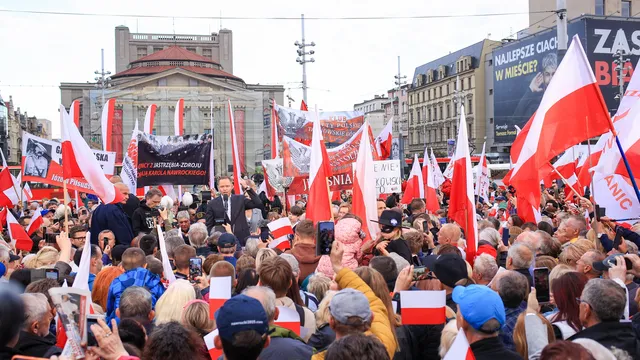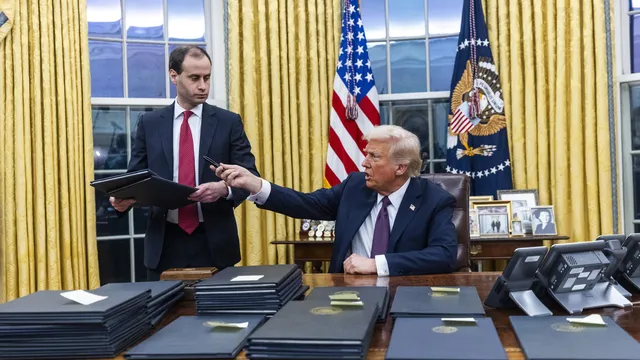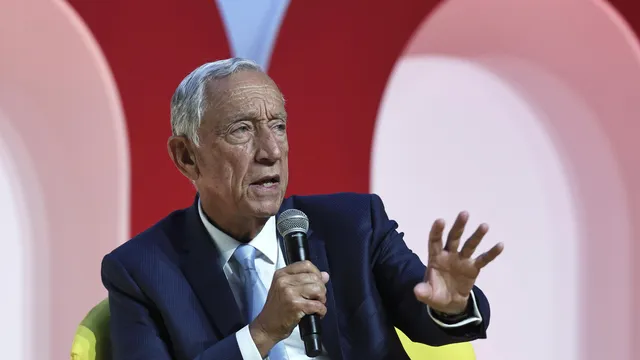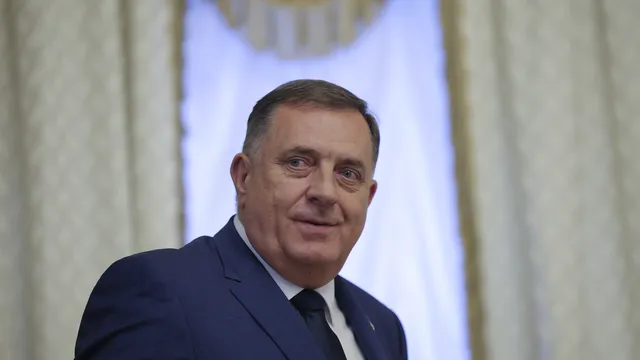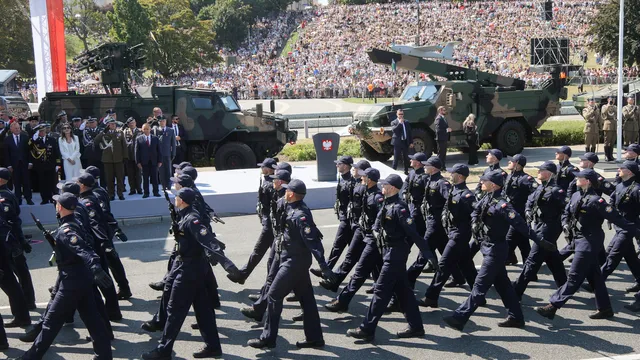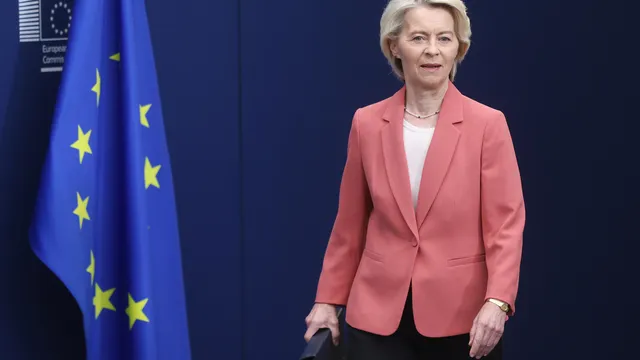On their last day of campaigning on Friday, Warsaw's pro-European mayor and the nationalist historian vying for Poland's presidency are in a contested race. Polls predict an extremely close vote on Sunday that will determine the future course of the key Central European EU and NATO member.
Warsaw's centrist mayor, Rafal Trzaskowski, 53, will face right-wing candidate Karol Nawrocki, 42, in a run-off that some analysts have described as a "clash of civilisations".
The latest polls give Tshaskovsky a marginal lead of 50.6 percent to 49.4 percent for Nawrocki - a margin that hovers within the statistical margin of error.
A Tshaskovsky victory would mean significant support for the government, which is in a political deadlock with the current president. This could open the door to changes such as the introduction of civil partnerships for same-sex couples and a relaxation of the country's near-total ban on abortion.
On the other hand, a victory for Nawrocki - backed by the right-wing Law and Justice party - could shake Poland's unwavering support for Ukraine in the conflict with Russia. Nawrocki, an admirer of former U.S. President Donald Trump, opposes Kiev's NATO membership and wants to limit welfare benefits for the estimated one million Ukrainian refugees in Poland.
Analysts warn that a possible success for Nawrocki could also lead to early parliamentary elections in a country that has so far been among Europe's economic leaders.
Due to the close results, the final outcome may not become clear until Monday. "I would be cautious with the celebrations on Sunday night," said political analyst Anna Materska-Sosnowska.
Tens of thousands of supporters of both candidates gathered for rallies on May 25, exactly a week before the run-off.
The key to victory will be whether Trzaskowski can mobilize enough voters and whether the far-right will support Nawrocki.
In the first round on 18 May, far-right candidates garnered over 21% of the vote, increasing Nawrocki's potential electorate. Tshaskovsky came out on top by a slim margin - 31% to 30%.
Materska-Sosnowska described the election as "a real clash of civilizations," highlighting major ideological differences, from abortion to the rights of the LGBT community.
The office of Poland's president has a decisive veto over legislation, a power that has often blocked the activities of Prime Minister Donald Tusk and his Centrist Coalition (KO), which has been in conflict with conservative President Andrzej Duda since 2023.
In Klesczów, a village in central Poland where the far-right garnered about a third of the vote in the first round, locals told AFP they would back Nawrocki on Sunday.
"If Trzaskowski wins, they (the centrists) will sell the country, they will destroy it," said Kamil Skulymovsky, 40, who works in a local coal mine.
Anna Bednarska, a 27-year-old fruit and vegetable seller, supports Nawrocki because she believes his opponent "wants to bring immigrants into Poland". "And I think it's better for Poland to stay Poland," she adds.
In the final days of the campaign, Nawrocki was involved in several scandals. Despite opposing a wealth tax, he claimed to own only one apartment, but it was later revealed that he had acquired a second through a complicated deal with an elderly man.
A scandalous report also accused him of arranging the services of prostitutes for guests as a hotel security guard. Nawrocki described the accusations as "a pack of lies" and said he would sue the media outlet that published the story. | BGNES

 Breaking news
Breaking news
 Europe
Europe
 Bulgaria
Bulgaria
